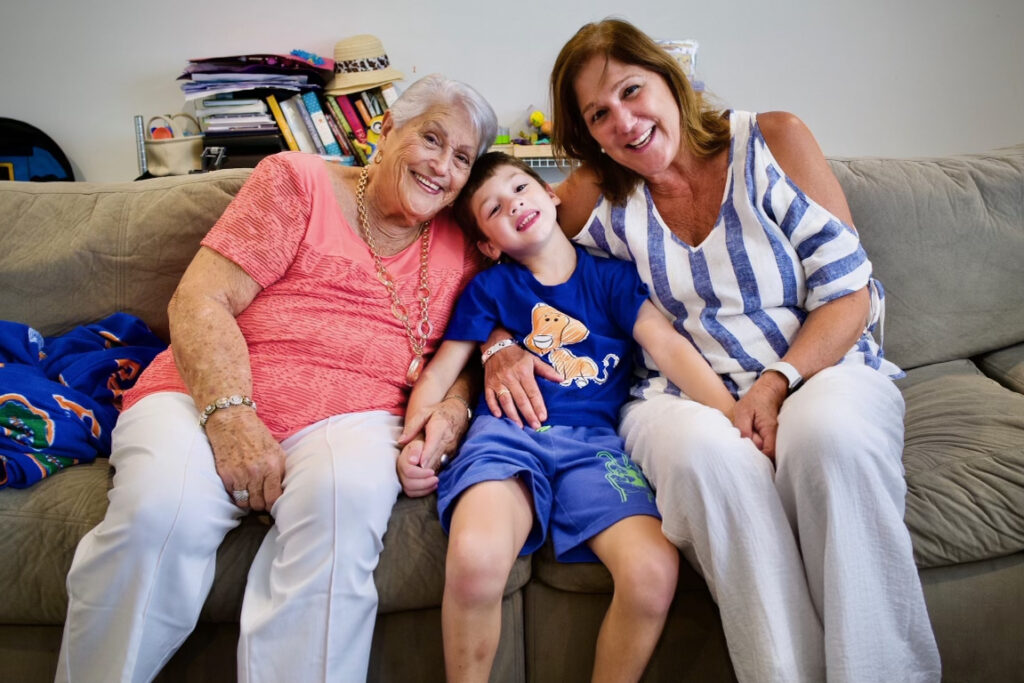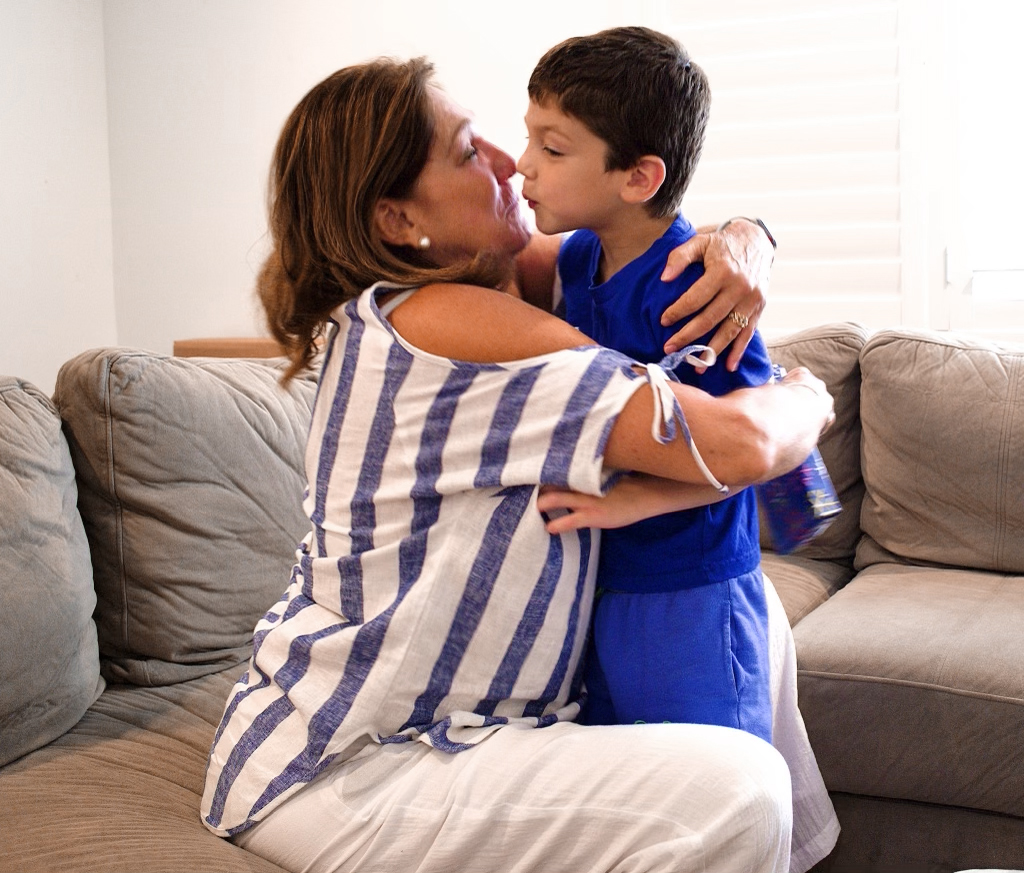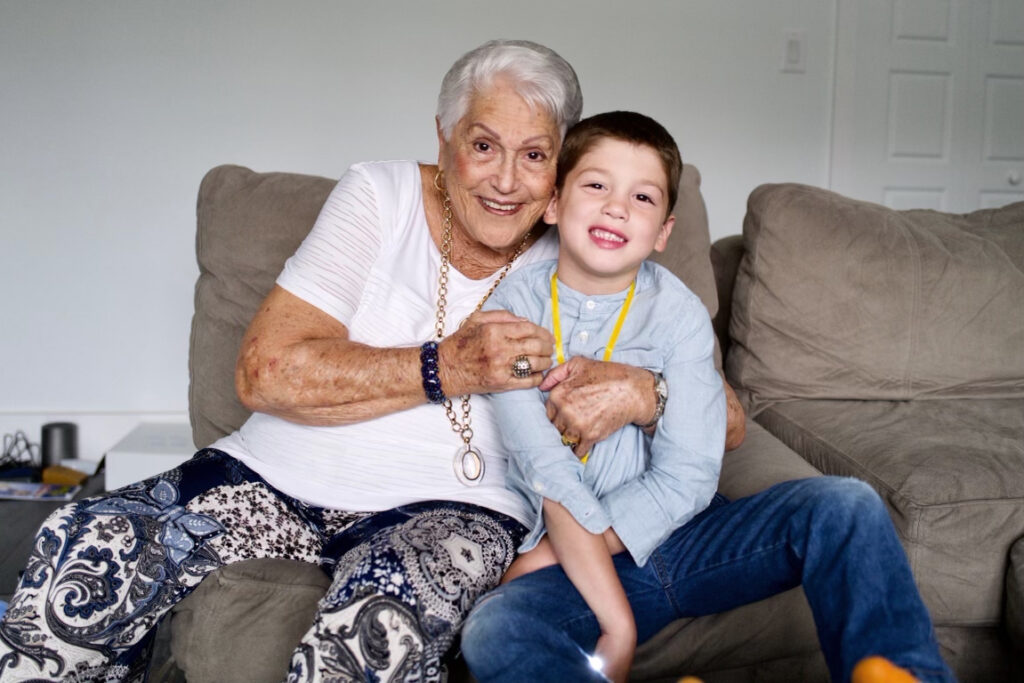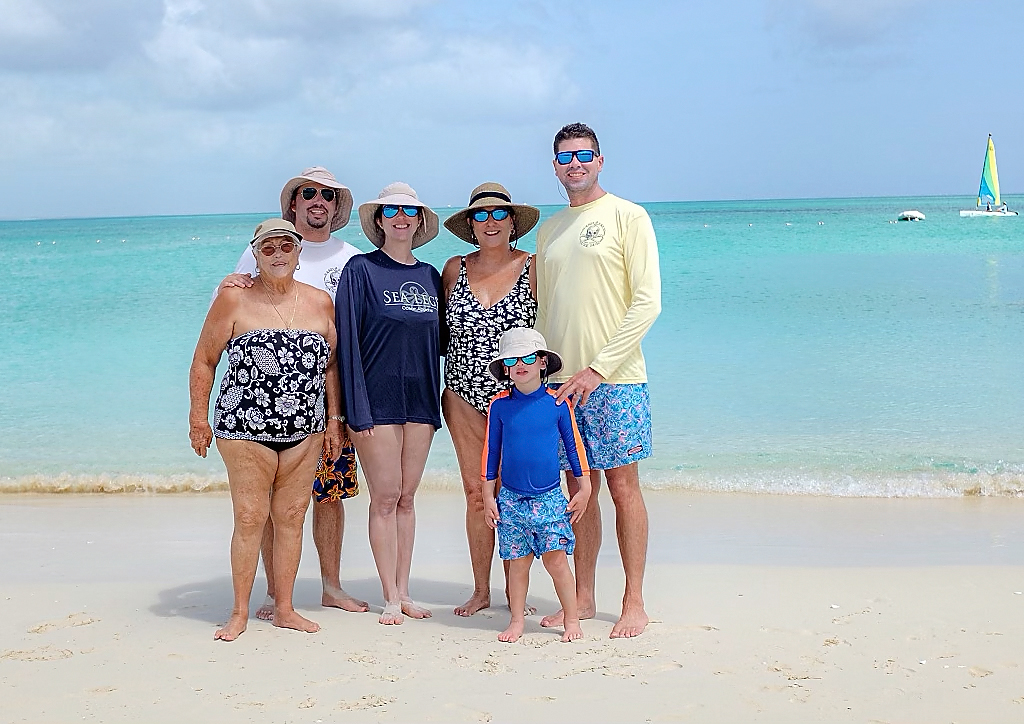His mother and grandmother died in the Surfside collapse. Now he wants answers.

On the night of June 23, Pablo Rodríguez called his mother, Elena Blasser, for one of their daily talks.
Blasser, 64, was planning on picking up her grandson John, and her 88-year-old mother, Elena Chavez, then head to the store to buy a new bike for the boy. As they spoke, Blasser mentioned that she had been woken up by loud creaking noises in the building where she lived at around 3 a.m. After that, she said, she couldn’t go back to sleep.
Rodríguez, 40, didn’t think anything of it at the time.
The next day, the 12-story beachfront condominium partially collapsed. Since then, Rodríguez said, he finds himself thinking constantly about the last conversation he had with his mother.
Blasser and Chavez, Rodríguez’s grandmother, were among those killed in the building collapse of the South Champlain Towers in Surfside, Florida on June 24.
Rodríguez said that date will forever be seared in his memory as the day he lost his two Elenas.
When Rodríguez first saw a picture of the collapsed building, he didn’t know what to think. He remained hopeful at first as he sat in the passenger seat of his wife’s car, frantically looking for more information on his phone as his wife steered them toward the site of the collapse.
Maybe his mother’s apartment was “one of the lucky ones that didn’t fall,” he remembers thinking, or maybe she and his grandmother made it out in time.

Elena Blasser, left, holding her grandson, Pablo Rodriguez’s son, right. Courtesy of Pablo Rodriguez. 
Elena Chavez, left, holding her great grandson, Pablo Rodriguez’s son, right. Courtesy of Pablo Rodriguez.
Halfway to the crumbled building, Rodríguez saw a surveillance video showing Blasser and Chavez’s unit falling straight down as another portion of the building fell on top of it. Rather than holding on to hope that his mother and grandmother were still alive, Rodríguez began to demand answers as to what went wrong.
Officials have said they still don’t know what, exactly, caused the collapse, but concerns over the building’s safety had been raised multiple times in recent years, including a 2018 inspection report that showed a “major error” in its construction, as reported by the Miami Herald.
For Rodríguez, advocating for accountability and reforms to prevent further negligence that could result in other buildings collapsing has also helped him cope with his grief.
He thinks about “what my mom would want me to do or what my mom would be doing,” Rodríguez said. “She would make sure that change happens because this is something that was preventable. I know that she would be advocating for it.”
Blasser, a retired Miami-Dade Schools counselor and administrator, often complained about the building’s management and maintenance including cracks, leaking water and chipped paint, Rodríguez said. He remembered constantly seeing a crack in the pool deck when he would take his son, John, to swim with his grandmother and great-grandmother.
A pool contractor reportedly raised issues of cracked concrete under the pool two days before the collapse, the Miami Herald reported. They were the same cracks Rodríguez remembers seeing, he said.
“I want to try to see if I can keep pressure on the people in charge to make sure the investigations continue and that reform happens because they’re already waning on that front,” Rodríguez said.
Experts say that the 40-year-old structure had been deteriorating for some time and that the condo’s board failed to order potentially life-saving repairs that would have cost an estimated $15 million.
“You’re not supposed to see a building fall by itself in the U.S.,” Rodríguez said. “This wasn’t a terrorist attack. It wasn’t an earthquake, it wasn’t a flood or tornado. It’s the building. Nothing happened other than negligence. And so it’s very distressing.”
Following weeks of uncertainty, Rodríguez got his final answer on July 5 when Blasser’s body was recovered from the wreckage. Chavez’s remains were found the following day.

“Up until the point where they actually notified us, it felt like just one really, really long day,” Rodriguez said. “That was just a nightmare that couldn’t go away. So, it was actually a little bit of a relief when they gave us the news that they found both of them because they were starting to get concerned whether they were even going to find them.”
Chavez will be remembered as an independent and strong-willed woman who loved traveling so much that she began her second career as a travel agent. Born in Cuba, she was a faithful woman who attended mass regularly and would often donate to charity drives. Before moving to Miami, Rodriguez said, she was a teacher at Academia Santa Teresita in Puerto Rico.
Blasser followed in her mother’s footsteps and worked in education for about 15 years. Rodríguez said she prioritized family over everything else and had a close relationship with her grandson, John, who would often refer to her as his “roommate.”
“For them, family was the most important thing,” Rodríguez said. “It especially hurts hard because we were all very close.”
Maya Brown is a senior at Stony Brook University, where she studies journalism and political science. She is an intern on the social team at NBC Universal and has previously worked for CNN, WSHU Public Radio and the Long Island Herald. She hopes to pursue a career in political reporting. Reach her at mayaabrown10 [at] aol [dot] com and on Twitter @mayaabrown10.